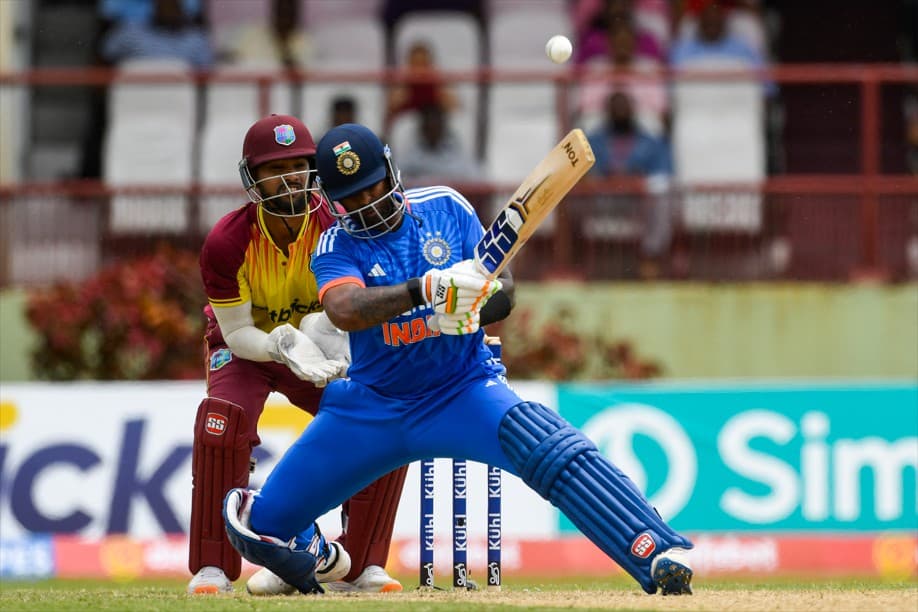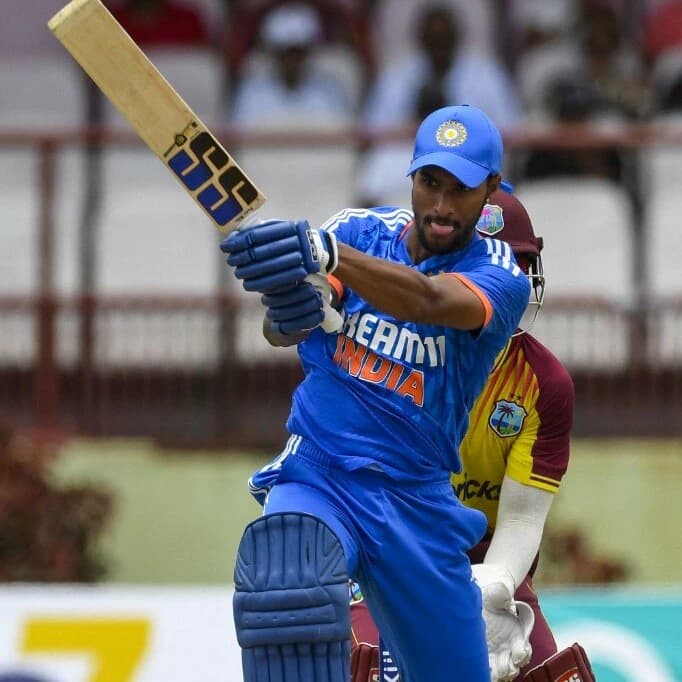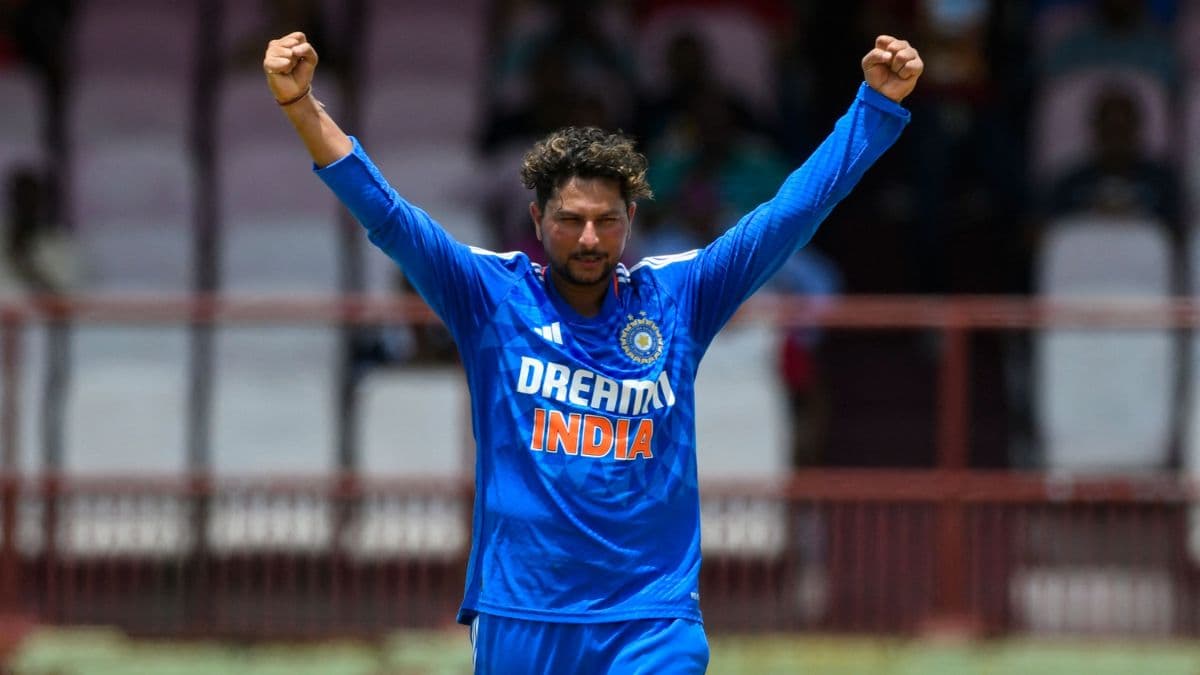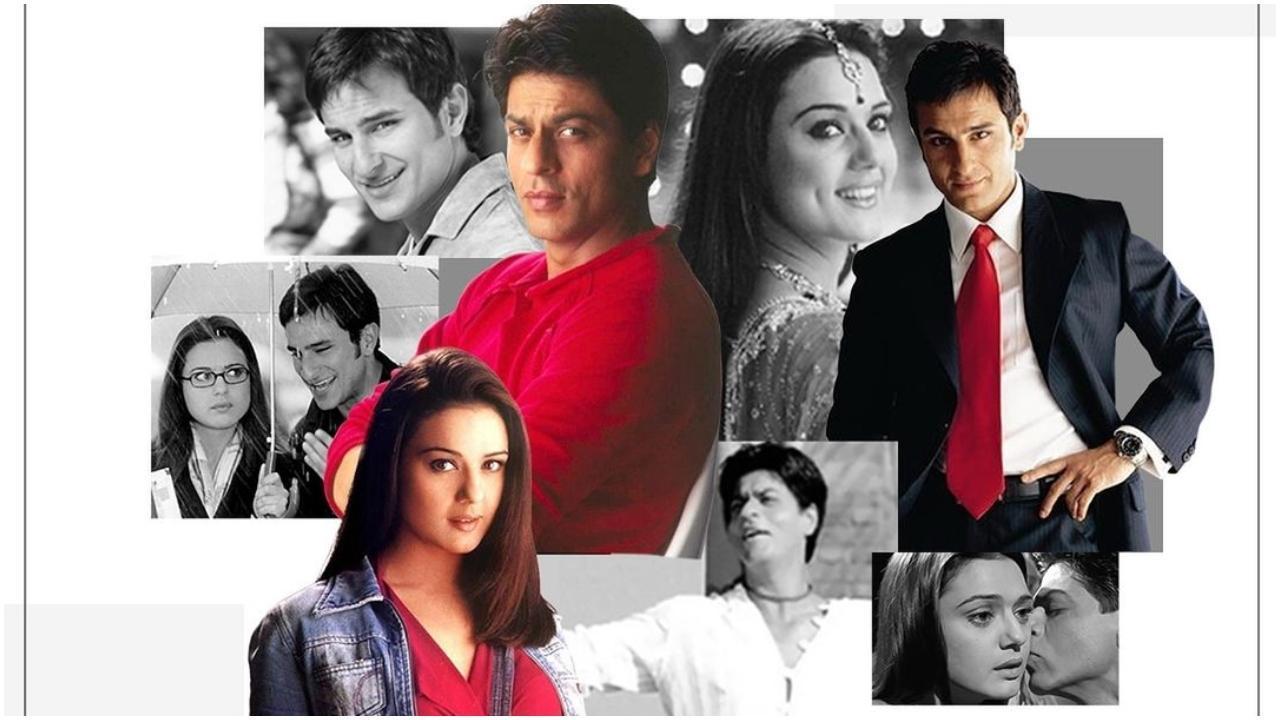
The recent decision made by Hardik Pandya in the third T20I against the West Indies has sparked a wave of controversy and discussions. Pandya’s move to seal the victory with a six has garnered criticism for denying emerging talent Tilak Varma the chance to reach his half-century milestone.
Leading the Indian T20I team against the West Indies, Hardik Pandya‘s actions have triggered conversations across social media due to what some are calling a “selfish act.” In the decisive third T20I, Pandya struck a six to secure India’s triumph. However, this action came while Tilak Varma, who was at the non-striker’s end, was only one run away from achieving his fifty.
This decision faced significant backlash from fans who perceived it as a disregard for Varma’s potential milestone. Even Aakash Chopra, a former Indian cricketer, expressed his disappointment over Pandya’s move.

Tilak Varma‘s performance in recent matches has been commendable, with scores of 39, 51, and an unbeaten 49 in his last three innings. He achieved a unique feat by becoming the first Indian to score over 30 in each of his first three international innings.
Chopra praised Varma’s cricketing prowess, stating, “Tilak Varma, outstanding. First Indian to get 30+ scores in his first three international innings. He scored a fifty in his previous games and was close to another this time too, in fact, it should’ve been a fifty.” Chopra commended Varma’s composure and adaptability in the game.
The controversy centers around the conversation between Pandya and Varma during the game. Pandya reportedly advised Varma to play cautiously and remain unbeaten, hinting at a focus on the team’s overall performance rather than individual milestones. However, Pandya’s own approach contradicted this advice as he attempted aggressive shots, culminating in a six to close the match. This decision to take matters into his own hands has raised questions about the team’s ethos and approach to player development.

Chopra elaborated on the incident, stating, “You needed 2 runs off 13 balls, and he smashed a six. I’m sure they want to build a culture that doesn’t care about individual milestones. But even a not-out doesn’t really matter here, even if you were out there, you still had 12 balls there to score 2 runs. Tilak was denied a chance to score a fifty.”
In conclusion, Pandya’s decision in the third T20I against the West Indies has ignited a debate about team dynamics, individual achievements, and the overall philosophy of the Indian cricket team. The incident serves as a reminder of the complex balance between team success and nurturing emerging talent.










